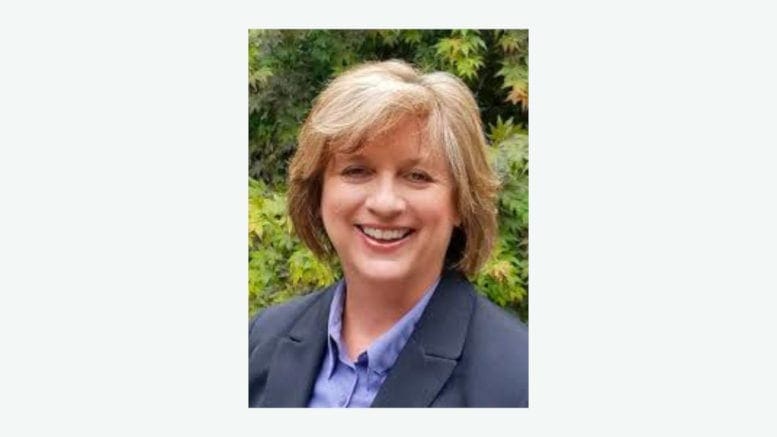By Melanie Dallas, LPC
You may know by now that Highland Rivers Behavioral Health (HRBH) was formed through the consolidation of three organizations: Highland Rivers Health, Cobb County Community Services Board, and Haralson Behavioral Health Services. In writing about this consolidation, I have usually gone on to note the agency is now one of the largest community service boards in Georgia.
But while most people understand consolidations and mergers, if you find yourself asking just what a community service board is, you are probably not alone. The name alone just doesn’t tell you what a community service board actually does – not like the Department of Family and Children Services or a board of public health.
So as Highland Rivers Behavioral Health works to raise awareness of our new name across the 13 counties we serve in northwest Georgia, I thought it might be a good time to review what, exactly, a community service board is, what one does, and why they are so important – individually and collectively – to our state, our communities and our citizens.
Community service boards (or CSBs) were created by state statute in 1993 to serve as Georgia’s behavioral health safety-net – a definition which itself might need some explanation. Behavioral health refers to the types of disorders that become evident through a person’s behaviors, namely mental illness and substance use disorders. And safety-net in this case means ensuring that everyone has access to behavioral health services.
So when I say CSBs are the behavioral health safety-net in Georgia, I mean that agencies like Highland Rivers provide treatment and support services for mental illness and substance use disorders for people who might otherwise not be able to access these services – people who are low-income, uninsured, underinsured or who have Medicaid, Medicare or other public insurance. In addition, as Georgia has worked to move individuals with disabilities out of institutional settings and into local communities, CSBs also serve this population.
With the consolidation of our three agencies, there are currently 22 CSBs in Georgia that serve all 159 counties. Regardless of where you live in Georgia, there is a CSB that serves your county (just as there is a public health department that serves your county); like Highland Rivers, most CSBs serve multiple counties. (If you live outside the counties served by Highland Rivers and want to know which CSB serves your county, visit the Georgia Association of Community Service Boars website at www.gacsb.org).
CSBs in Georgia provide a variety of services to meet the needs of the individuals and communities they serve – outpatient treatment, residential treatment, group counseling, crisis stabilization, and so much more. We serve individuals who are homeless, we work in schools, we provide services in jails, we visit people living with severe mental illness in their homes, sometimes every day, and are available 24 hours a day.
In short, CSBs make sure that anyone who needs mental health or substance use treatment is able to receive it, regardless of their ability to pay. We are accredited by the Commission on Accreditation of Rehabilitation Facilities (CARF) International, and our services are based on nationally recognized evidence-based treatment protocols.
If it sounds like community service boards do a lot, we do – and I would hate to think of what it might be like if CSBs didn’t exist in Georgia. The sad fact is most of the more than 200,000 Georgians CSBs serve each year simply wouldn’t get treatment. Many more might end up in the criminal justice system (which already happens too frequently), others might end up in crisis, in the emergency room, or no longer here at all. That’s not a vision of our state I would ever want.
In that sense, community service boards benefit everyone in Georgia, even if you personally never receive services from one. We provide cost-effective services and a tremendous return on investment for Georgia residents.
Melanie Dallas is a licensed professional counselor and CEO of Highland Rivers Behavioral Health, which provides treatment and recovery services for individuals with mental illness, substance use disorders, and intellectual and developmental disabilities in a 13-county region of northwest Georgia that includes Bartow, Cherokee, Cobb, Floyd, Fannin, Gilmer, Gordon, Haralson, Murray, Paulding, Pickens, Polk and Whitfield counties.
